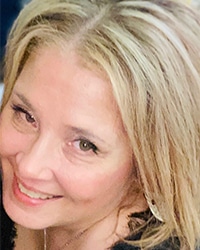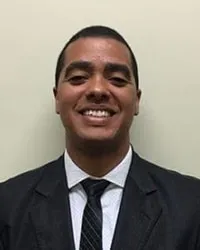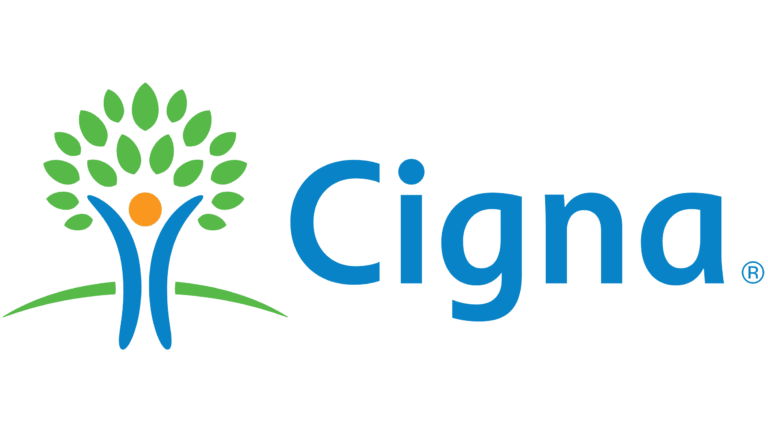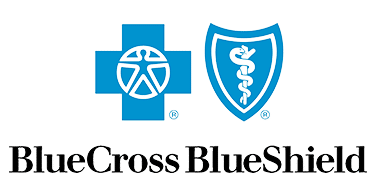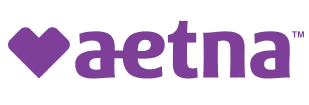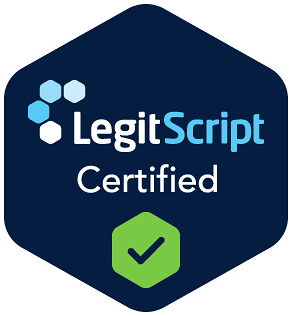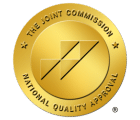According to the National Center for Biotechnology Information, Detoxification (detox for short) is a set of interventions aimed at managing acute intoxication and withdrawal. It aims at clearing of toxins from the body of the patient who is acutely intoxicated and/or dependent on substances of abuse. Detoxification seeks to minimize the physical harm caused by the abuse of substances. However detox is just the first step toward the journey to full recovery.

Similar any other chronic illnesses like hypertension and asthma, addiction is a complex brain disease for which relapse is common, with relapse rates between 40 and 60 percent, according to the National Institute on Drug Abuse (NIDA). While relapse is most common during the first year of recovery, people with years of sobriety can also resume self-destructive drug use or drinking. Modern drug detox experts agree that a medical drug detox, followed by effective drug rehab, can bring about a lifelong end to addiction — what can only be called a cure. Countless millions of former addicts around the world attest to this indisputable fact.
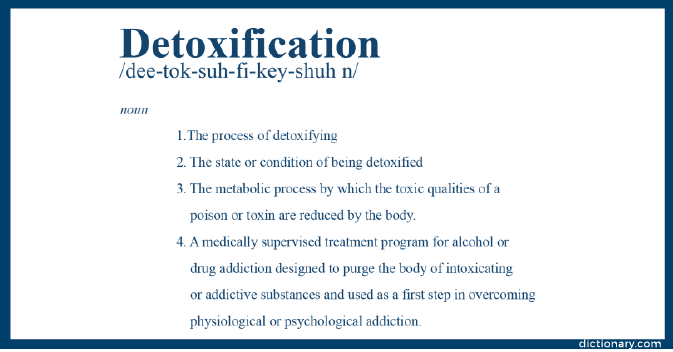
That brings us to the important question on How to stay clean and sober after a detox?
Clinicians suggest the following strategies to stay clean and avoid relapse:
-
Continue long-term treatment
Not everyone who gets through detox goes on to complete a comprehensive rehab program. However, the National Institute on Drug Abuse (NIDA) advises that individuals who attend a long-term treatment program are more likely to stay clean and sober than those who don’t.
Rehabilitation programs provide a lot of relapse prevention resources that aren’t available in the detox stage.
-
Surround yourself with positive people
Avoid people with whom you used to do drugs and also you need to avoid going to the places where you used to hang-out and do drugs. Sobriety works best when a person can surround themselves with other sober people who are working toward a better life. Avoiding the drug and alcohol using social circle will help you change your habits and will help you to build a new and a healthier life. It can also help you to get rid of the temptation and cravings.
-
Behavioral Therapies
Behavioral therapies help people in drug addiction treatment modify their attitudes and behaviors related to drug use. As a result, patients are able to handle stressful situations and various triggers that might cause another relapse.
Cognitive-Behavioral Therapy seeks to help patients recognize, avoid, and cope with the situations in which they’re most likely to use drugs.
Motivational Enhancement Therapy uses strategies to make the most of people’s readiness to change their behaviour and enter treatment.
Family Therapy helps people (especially young people) with drug use problems, as well as their families, address influences on drug use patterns and improve overall family functioning.
-
Drug & Alcohol Rehab or Alternate treatment programs
As mentioned above, after detoxification, it is advisable to remain on track and be drug-free, and you can do that by entering into a drug rehab or choose an alternate treatment program which includes in therapy sessions such as
- Acupuncture
- Chiropractic Therapy
- Massage Therapy
- Sound Therapy
- Yoga
These therapies also trigger the release of feel-good hormones like serotonin and dopamine which helps the person in recovery by reducing the stress levels and relaxes their mind and body. After detoxification, drug rehabilitation helps people to recover from substance use disorders. Drug rehabilitation centres have various types of programs that will help in drug rehabilitation.
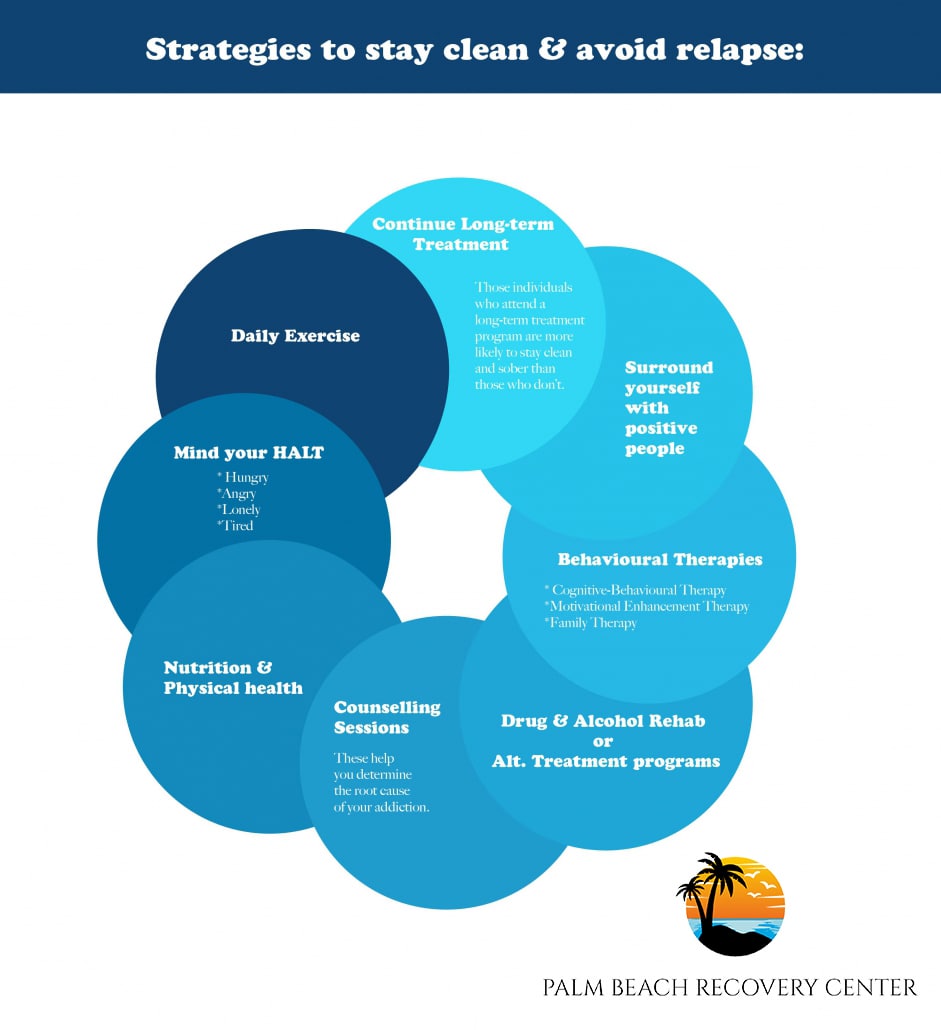
Programs such as
-
Residential treatment (in-patient/ out-patient)
-
Local support groups
-
Extended care centers
-
Recovery or sober houses
-
Addiction counselling, mental health and medical care
-
Some rehab centers offer age and gender specific programs
-
Counselling sessions
Counselling sessions can help you to determine the root cause of your addiction (i.e., what led you to abuse substances in the first place) and modify these negative behaviors and thought patterns. The main goal of counselling session is to help and guide a recovering individual to learn how to stay sober.
Apart from counselling, family support can help you rebuild personal relationships that may have suffered during periods of substance abuse.
-
Nutrition and physical health
Addiction can take a toll on your body physically and mentally, and it affects your appetite and leads you to completely ignore your lifestyle and eating habits.
Your body need nutrients and the best way to replenish the nutrients in your body by is by eating healthy and balanced meals that can help you in increasing energy levels in your body and to promote recovery and healing at a faster rate. You should eat foods that are rich in protein, high in fibre and carbohydrates, and you need to avoid highly processed foods and those foods that elevated levels of sugar and fat in the body.
Talk to a Dietitian/nutritionist for advice on what kind of food should you include in your daily diet best suited during rehab stage.
-
Mind your HALT.
HALT is a popular tool in the world of addiction and recovery. HALT stands for hungry, angry, lonely, and tired — as in, “Am I hungry, angry, lonely, or tired right now?” This acronym helps to make you stop and think about how you feel before you react to a situation.
-
Daily exercise
You must work out daily during recovery because it prevents you from returning to drug use. The more strong you feel physically the less likely you are to relapse. A regular workout also releases natural endorphins that help in reducing stress, anxiety, and depression and leads to boost in confidence and self-esteem. Regular exercise can help you to tone and condition your body and it also helps in maintaining good heart and lung health, it reduce stress and increase overall well-being.
We understand it is not easy but if you stay committed to stay clean and sober then your recovery from your addictions is assured. Are you ready to take the first step towards recovery? We at Palm Beach Recovery Center are there with you throughout your recovery journey so feel free to contact us or call on 561-567-8252 for more information on how to get started.
